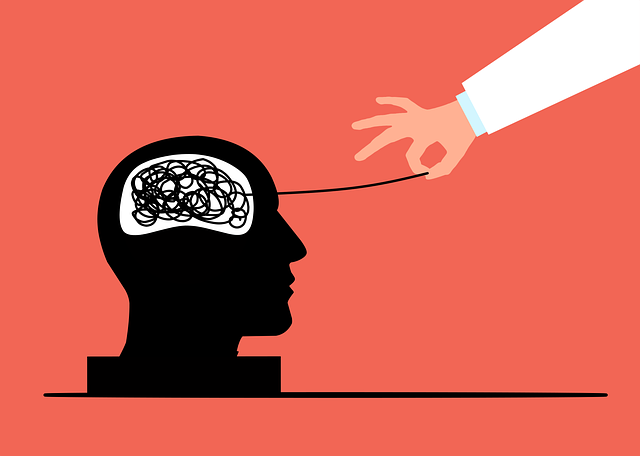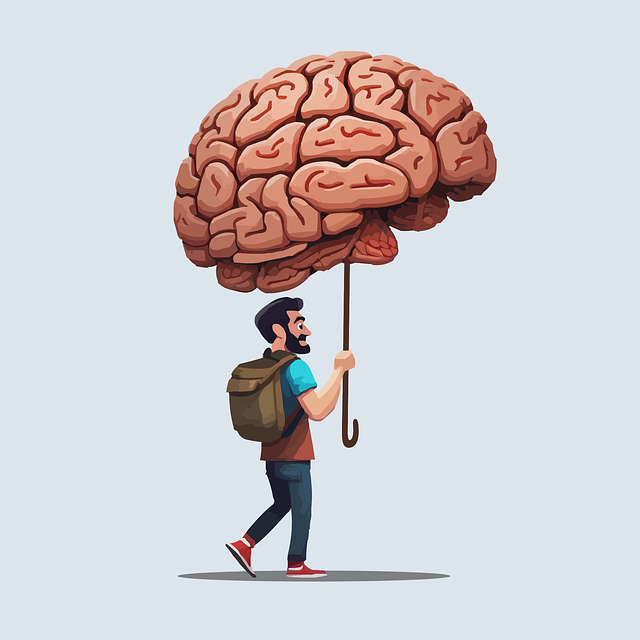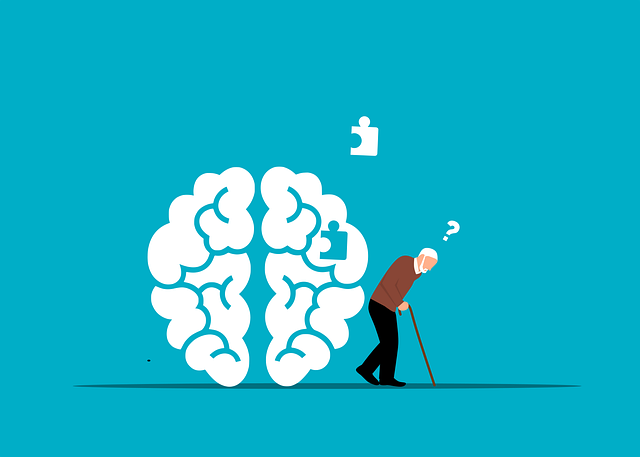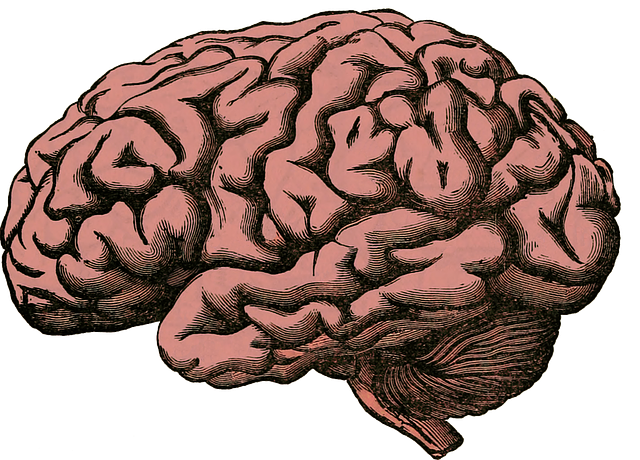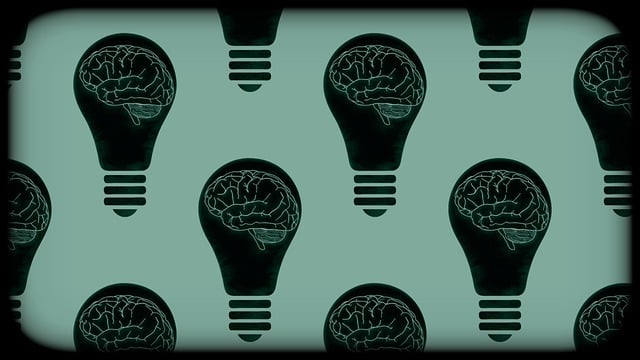Elderly individuals with chronic pain face unique challenges due to age-related changes, which can heighten vulnerability to trauma and its effects. Effective support requires a holistic approach addressing physical symptoms, psychological aspects, and social needs. Tailored crisis interventions, risk assessments, communication strategies, and recognition of specific elder challenges ensure meaningful support. Specialized Therapy for Elders Chronic Pain including emotional support and trauma-informed care is crucial. Holistic methods like CBT, mindfulness, stress management workshops, and community programs enhance emotional resilience and physical healing. Accessing local mental health services and tailored programs can significantly improve quality of life and mental health for elders dealing with chronic pain stemming from historical traumas.
“Elderly individuals experiencing chronic pain often face unique challenges, with trauma playing a significant role in their overall well-being. This article delves into the intricate relationship between trauma and chronic pain among seniors, highlighting the importance of tailored support services. We explore various therapy approaches effective for elderly care, emphasizing the need for trauma-informed practices.
Through case studies, we demonstrate successful implementations of trauma-focused care, offering valuable insights for healthcare professionals. By understanding these needs, we can enhance access to specialized services, improving outcomes for elders navigating chronic pain.”
- Understanding the Unique Needs of Elderly Individuals with Chronic Pain
- The Role of Trauma in Chronic Pain and Its Impact on Elders
- Types of Therapy Approaches for Effective Elderly Care
- Accessing and Navigating Trauma Support Services
- Case Studies: Successful Implementation of Trauma-Informed Care for Elders
Understanding the Unique Needs of Elderly Individuals with Chronic Pain

Elderly individuals with chronic pain often present unique challenges when it comes to trauma support services. As they age, their bodies and minds undergo significant changes, which can affect how they experience and cope with pain. Many older adults may have experienced years of physical decline or loss of independence, leading to a heightened sense of vulnerability and potential for triggering traumatic memories related to their health conditions. Therefore, a holistic approach is necessary when providing therapy for elders with chronic pain, addressing not just the physical symptoms but also the psychological and social aspects of their lives.
Effective trauma support for this demographic requires specialized crisis intervention guidance tailored to their needs. Mental health professionals must conduct thorough risk assessments, taking into account the complex interplay of chronic pain, age-related cognitive changes, and potential social isolation. Communication strategies should be adapted to ensure clarity and empathy, as elderly individuals may have specific challenges with comprehension or expression. By recognizing and accommodating these unique needs, trauma support services can offer more meaningful and effective guidance, fostering healing and improved quality of life for seniors suffering from chronic pain.
The Role of Trauma in Chronic Pain and Its Impact on Elders

Trauma, often overlooked as a contributing factor to chronic pain, plays a significant role in the lives of many elders. The link between trauma and pain is complex; past traumatic experiences can manifest as physical discomfort and persistent pain, particularly for those who have endured challenging life events such as war, abuse, or natural disasters. This is especially pertinent among elderly populations, where unaddressed trauma may lead to chronic conditions like fibromyalgia or heightened sensitivity to pain stimuli.
The impact of trauma on emotional well-being is profound, often leading to feelings of anxiety, depression, and even burnout if left unprocessed. Elders, who have already endured the passage of time and significant life changes, deserve access to specialized therapy for elders chronic pain, which can include emotional support and trauma-informed care. Promoting emotional well-being through effective mood management techniques and burnout prevention strategies is crucial in helping this vulnerable demographic navigate their pain journey.
Types of Therapy Approaches for Effective Elderly Care

The provision of trauma support services for elderly individuals often involves a range of therapeutic approaches tailored to their unique needs. One effective method is therapy for elders chronic pain, which addresses both the physical and emotional aspects of persistent pain. Techniques such as cognitive-behavioral therapy (CBT) help seniors reframe their perception of pain, while mindfulness practices enable them to manage stress and improve overall well-being.
In addition to these direct treatment methods, stress management workshops organization plays a vital role in elderly care. By participating in workshops focused on mental health awareness and empathy building strategies, caregivers and family members can better understand the challenges their loved ones face, fostering stronger connections and more effective support systems. These holistic approaches ensure that the elderly receive comprehensive care, promoting not just physical healing but also emotional resilience.
Accessing and Navigating Trauma Support Services

Accessing trauma support services is a vital step for individuals dealing with the aftermath of traumatic events, especially elders suffering from chronic pain. Many communities now offer specialized programs designed to cater to the unique needs of this demographic. These services often include therapy sessions tailored to help seniors process and overcome their experiences, providing much-needed emotional relief.
Navigating these support systems can be a challenging yet rewarding journey. Elders or their caregivers should begin by researching local community centers, hospitals, or non-profit organizations that provide mental health services. Many offer free or low-cost counseling options, ensuring accessibility. Additionally, integrating social skills training and mental wellness coaching programs can further enhance the healing process. These comprehensive approaches aim to improve overall mental wellness while fostering a sense of belonging and support in a safe environment.
Case Studies: Successful Implementation of Trauma-Informed Care for Elders

In recent years, there has been a growing recognition of the unique challenges faced by elderly individuals who have experienced trauma, often compounded by chronic pain issues. Case studies highlighting successful implementations of trauma-informed care specifically tailored for this demographic are gaining traction. These initiatives focus on addressing the complex interplay between past traumatic events and physical discomfort, such as chronic pain, which can significantly impact an elder’s quality of life and mental health.
One notable example involves a senior citizen who had endured years of neglect in a care facility, leading to severe anxiety and physical stiffness. Through a holistic approach combining cognitive-behavioral therapy, mindfulness practices, and tailored exercise routines, the individual experienced remarkable improvements. This case demonstrates how trauma-informed care can enhance self-esteem improvement, reinforce mind over matter principles, and even aid in burnout prevention for elderly patients dealing with chronic pain stemming from past traumas.
Trauma support services play a pivotal role in addressing the unique needs of elderly individuals with chronic pain. By integrating trauma-informed care, as highlighted in successful case studies, we can significantly enhance therapeutic outcomes. Understanding the interplay between trauma and chronic pain, along with accessing appropriate therapy approaches, is essential to improve quality of life for elders. Navigating these services effectively ensures that elderly patients receive comprehensive support tailored to their specific needs, ultimately fostering better health and well-being.
